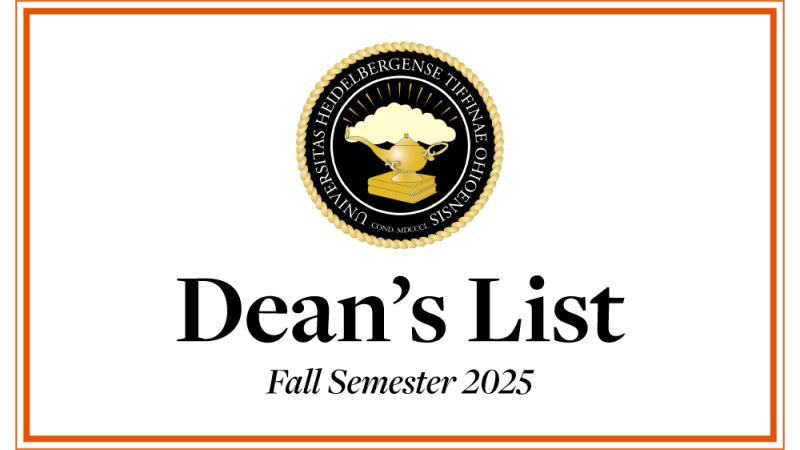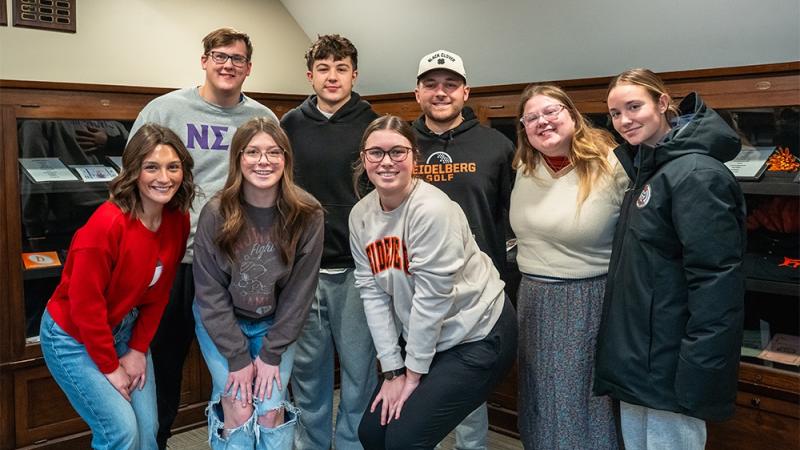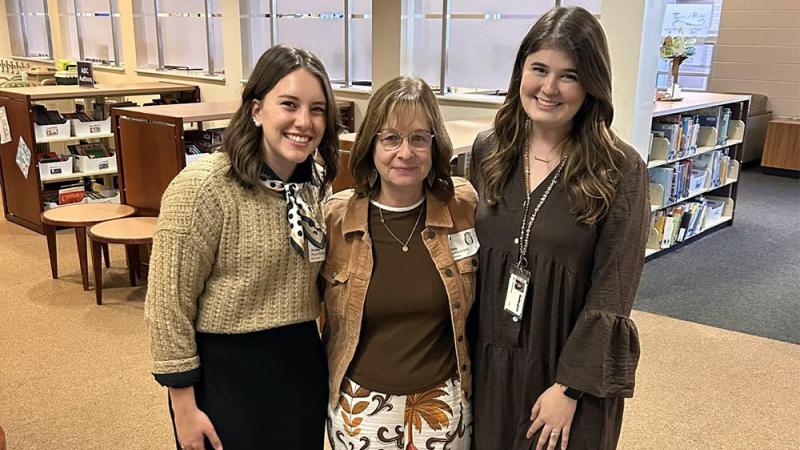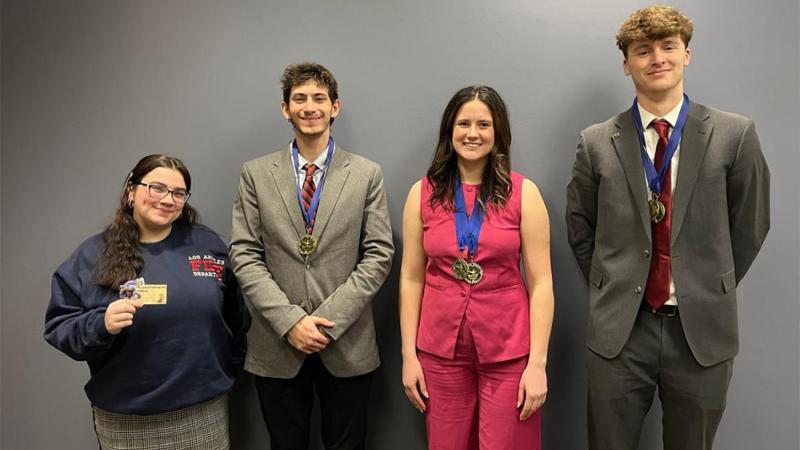Minds@Work keynote shares the art, nuances of archival research
On April 8, Heidelberg welcomed inspiring author and scholar Julija Šukys, who delivered the keynote address at the Minds@Work Research Conference.
Known for her essays and books that bring forgotten voices to life, Julija tells the stories of individuals caught in war, exile, and silence. She offered the Heidelberg community a profound insight into the power of voice within writing.
In her journey as an essayist, Julija reflected on the deep connection between her work and the world of archives, describing them as essential to both research and creative writing. Like piecing together a jigsaw puzzle, archives are filled with fragments that, as she shared, “If put together correctly can become a whole.”
Julija’s path to essayism was not direct; she initially hesitated to enter the field because of its reputation for being “undisciplined.” However, she found inspiration in trauma theory, reading works by Primo Levi and Claude Lanzmann, which soon became a turning point in her career.
These readings, along with her growing interest in non-fiction, helped her develop a more nuanced understanding of truth and embrace writing that defies rigid binaries. W.G. Sebald and Alice Walker became key inspirations in her writing process, guiding her to “wait through knee-deep grasses and knock on strangers’ doors.”
For Julija, archival research is not a place for easy answers, but for excavation and contemplation. It is a space where questions are as important as answers. As she noted, “It is not only what archives tell, but what they silence.”
Her work, Julija argued, is more than a collection of facts or a recounting of history. Archival research is an act of care and empathy, where the selection and omission of details are essential to crafting a narrative that is both truthful and compassionate.
“Perhaps the work of essaying is even a source of light,” Julija said.
Archival research requires profound patience and a willingness to sift through countless fragments of history, often without the certainty of immediate answers. Julija believes the true value of archival research lies in the commitment to persistence and patience, sharing, “Archives will reward a patient and diligent researcher.”
A central aspect of Julija’s archival work is her personal connection to the history she uncovers. Her grandparents, Ona and Anthony, were exiled to Siberia for many years during the Stalinist purges in the 1940s. Their painful history became a powerful motivator in her quest for truth.
In her search for answers, Julija turned to the archives on Oskaro Milašiaus Street. Her quest was driven by a deep sense of responsibility to "reckon and make things right," and to honor the resilience of those who had endured immense hardship.
By confronting these painful histories, Julija aims to heal the wounds of the past and bring light to the shadows where silence once prevailed.
As Julija shares, “Archives will tell you their stories and let them in on their secrets.”
– by Kami Stanfield ’25




